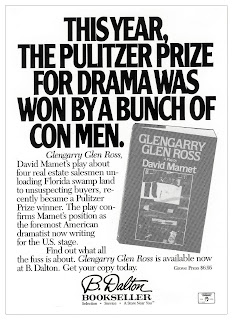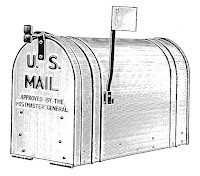What can "The Golden Girls" teach us about advertising?

In his book, The Last Great Ride , Brandon Tartikoff , NBC programming wunderkind in the 1980s, noted the secret ingredient in many successful TV series was what he termed an S.U.P. – and no, that isn’t a cousin to ALF. S.U.P. stands for Satisfying Underlying Premise ; in Tartikoff’s words, “a secret ingredient that makes [viewers] feel good about their lives ... something in the basic premise of the show that validates some reassuring notion that the audience would like to believe is real.” Such as the idea that, as senior citizens, we can have fulfilling lives of friendships and romance ( The Golden Girls ). Or our desire for a place where you can escape your troubles and just hang out “where everybody knows your name” ( Cheers ). And … I guess … how great it would be to have a crack team of lovable mercenaries you can count on to help you out of a jam ( The A-Team ). But this goes beyond NBC’s hits of the ‘80s. You’ll find the S.U.P. in Friends , Frasier ,...





